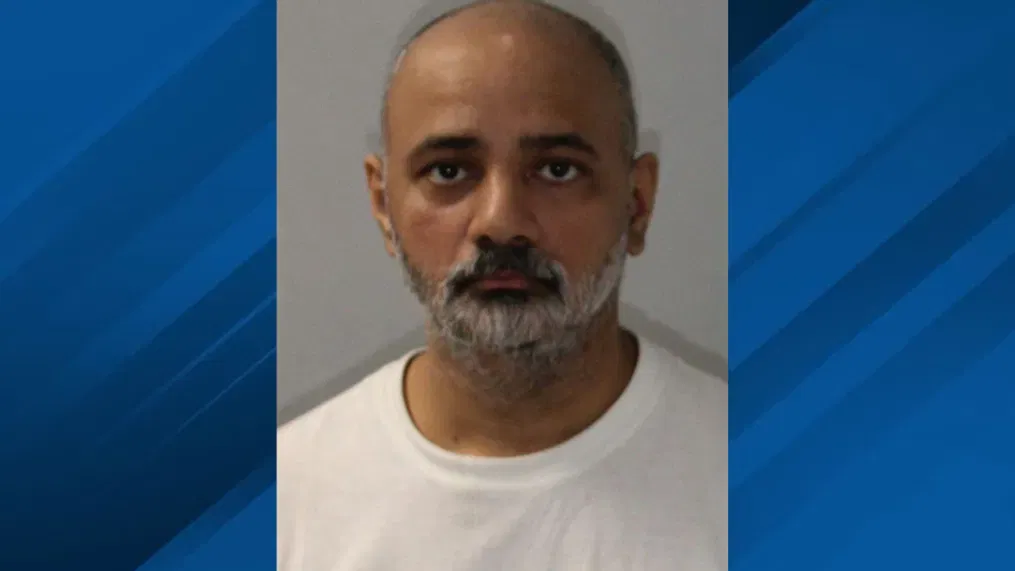WASHINGTON — An Indian national pleaded guilty to a drug trafficking and money laundering conspiracy that spawned a drug trafficking network which used the dark web to conceal its illicit activities, the U.S. Department of Justice said.
Banmeet Singh, 40, was arrested in London in 2019, according to justice. Federal officials allege that for at least four and a half years, he controlled eight distribution cells within the United States, that received drug shipments from overseas before repacking and reshipping them to customers in all 50 states as well as the U.S. Virgin Islands, Jamaica, Canada, England, Ireland and Scotland. He was extradited to face trial in the U.S. in 2023.
The list of illegal substances sold by Singh’s network included fentanyl, DEA officials said.
Singh admitted to creating vendor sites on dark web marketplaces including Silk Road, Alpha Bay, and Hansa, among others, which sold controlled substances in exchange for cryptocurrency. He would then arrange for the customers’ orders to be shipped through U.S. mail and other shipping services.
Acting Assistant Attorney General Nicole Argentieri of the Justice Department’s Criminal Division, said that traffickers often believe that operating on the dark web conceals their identity and their transactions from authorities. However, Singh’s guilty plea proves those beliefs false. “The Justice Department will hold criminals who violate U.S. law accountable no matter how they conceal their activity,” Argentieri said.
Singh is thought to have earned over $150 million over the course of his illicit enterprise, which he funneled into cryptocurrency accounts. As part of his guilty plea, he has agreed to forfeit those funds.
Singh now faces an agreed upon sentence of eight years in prison, to be officially handed down at a yet-to-be determined date in the future.



